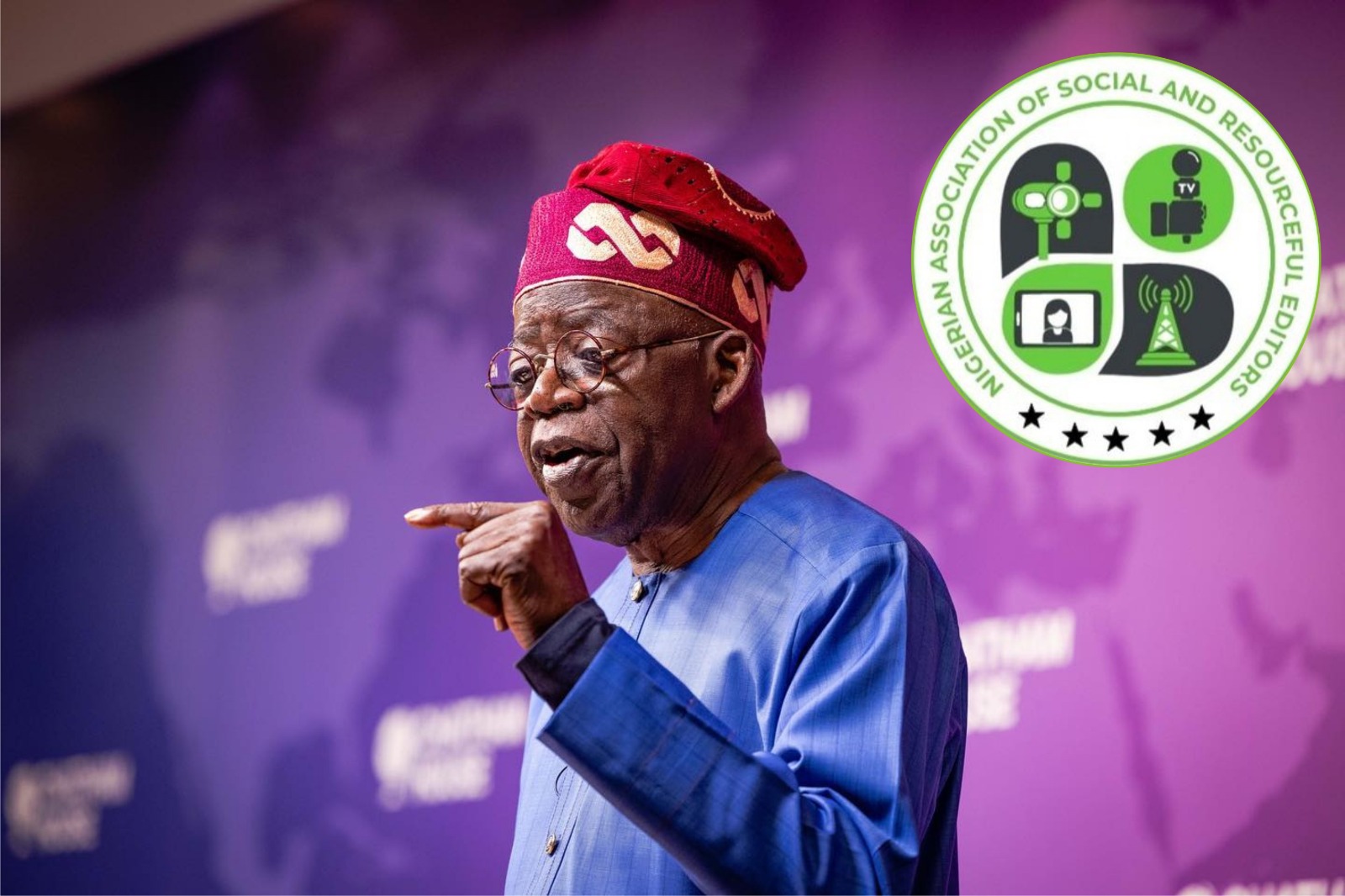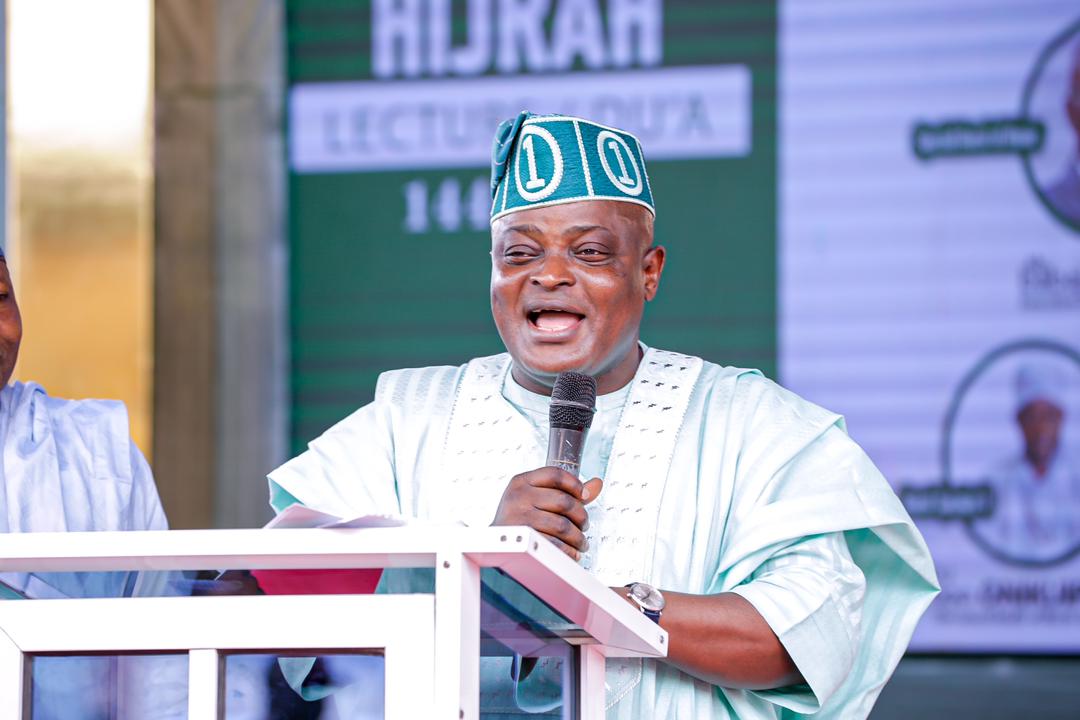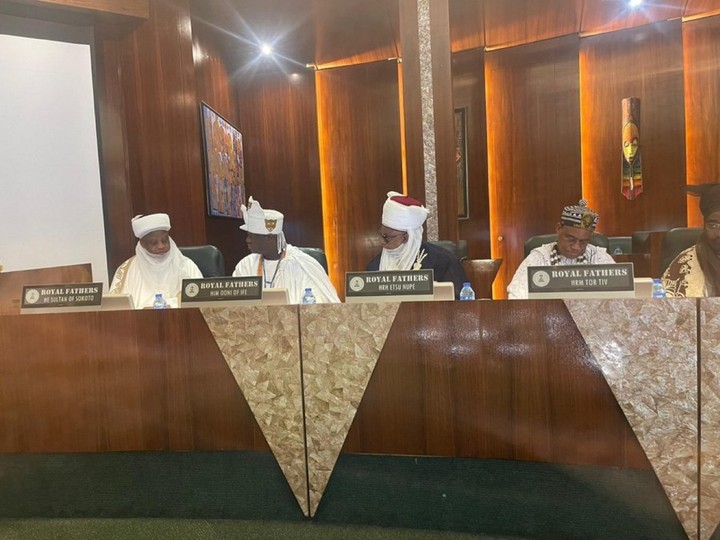NASRE: Economic Hardship And Charting A Path Forward
NASRE– In the labyrinth of Nigeria’s economic landscape, a pervasive wave of hardship has engulfed the nation, leaving its citizens navigating through soaring costs, diminished purchasing power, and profound lifestyle adjustments. The complex interplay of policy reforms, notably the removal of fuel subsidies and the unification of exchange rates, has ushered in a new era of financial struggle for many, creating a multi-faceted crisis that requires a comprehensive exploration.

For instance, Nigeria battles with a record high inflation rate of 28.92 per cent in December 2023 from 28.20 per cent in November, and a food inflation rate of 33.93 per cent, which is driven by increases in prices of staple food items such as Oil and fat, Meat, Bread and Cereals, Potatoes, Yam & Other Tubers, Fish, and Milk, Cheese, and Eggs.
In fact, latest global hunger index report has ranked Nigeria 109 out of 125 countries as one of the countries with the most hungry population in the world. The report, therefore, showed that Nigeria is below countries such as Sudan, Zimbabwe, DR Congo, North Korea, and Guinea.
The Human Impact
At the heart of this economic maelstrom are the stories of ordinary Nigerians, whose daily life is marred by a worsening financial situation despite earnest attempts to cut costs. Their plight mirrors the struggles of countless others facing the collateral damage of policy decisions.
The removal of the fuel subsidy in June 2023 acted as a catalyst, triggering a domino effect on the prices of goods and services. Families like Shakirudeen Bankole’s, who once enjoyed the ritual of preparing soup every week, now find themselves reducing such practices to once a month due to inflation’s relentless grip on grocery prices.
Government Policy Reforms Amplifying Hardship
The government’s decision to remove the fuel subsidy and unify the exchange rate, while well-intentioned, has created a perfect storm for citizens just recovering from the repercussions of a controversial naira redesign policy. The subsequent surge in prices has affected various sectors, from food and transportation to education and small businesses.
The Central Bank of Nigeria’s move to unify the forex exchange market aimed at transparency and investor confidence has inadvertently intensified pressure on the local currency. Manufacturers grapple with increased costs, and citizens face the harsh reality of adapting to a new economic normal.
Lives In Flux: Stories From The Ground
As voices from different regions echo similar hardships, lifestyle changes become inevitable. Nigerians all over the country narrate how the economic challenges have compelled their family to reduce their three square meals to two, emphasizing the pervasive impact on daily life.
Poultry farmer Namso Udoka highlights the struggle as the price of essential inputs like hybrid feed skyrockets, affecting both production costs and, potentially, the prices of eggs. Civil servants like Monday Ewaoche recount drastic adjustments – from cutting down on unnecessary expenses to choosing public transport over personal vehicles.
The Trickle-Down Effect
From the bustling markets of Kano to the mechanic parts workshops in Ladipo, the fabric shops in Abeokuta, the cry all over has been the negative impact of the economy on the market. The markets that have once bustling with activity are now eerily quiet due to reduced patronage.
Entrepreneurs have also expressed the ripple effect on their businesses. Increased fuel prices translate to higher production costs, forcing them to raise prices and, subsequently, face a decline in patronage.
Our Stand
As Nigerians continue to face the present unprecedented hardship, calls for a reevaluation of government policies and a plea for relief from economic hardships echo nationwide. The National Association of Social and Resourceful Editors (NASRE), therefore, emphasize the need for specific blueprints to address inflationary pressures and revitalize the economy.
To this end, we urge all arms of government to provide economic relief, emphasizing the commitment to delivering on promises despite the challenges. We also advocate for citizens’ involvement in security efforts and encourage unity to navigate these trying times.
In the face of adversity, Nigerians are resilient, adapting to the changing economic landscape while holding onto hope for a better tomorrow. The complexities of this economic crisis demand a comprehensive response, blending short-term relief measures with long-term structural reforms.
Immediate Relief Measures: Urgent steps must be taken to provide immediate relief to vulnerable populations. This includes targeted subsidies, social welfare programs, and food assistance to mitigate the impact of rising prices on essential goods.
Inclusive Policy Reevaluation: Government policies, especially those related to subsidy removal and exchange rate unification, require thorough reassessment. The inclusion of stakeholders from various sectors in policy discussions can help identify unintended consequences and inform more inclusive decision-making.
Economic Diversification: A strategic shift towards economic diversification is imperative. Investing in sectors where Nigeria has a comparative advantage, such as agriculture, can stimulate growth, create employment, and reduce dependence on oil revenue.
Infrastructure Development: Critical investments in infrastructure, particularly in transportation and power generation, can alleviate the burden on businesses and reduce production costs. Improved infrastructure enhances efficiency and competitiveness in the global market.
Empowering Small and Medium Enterprises (SMEs): SMEs form the backbone of Nigeria’s economy. Providing targeted support, including access to affordable credit, skill development programs, and streamlined regulatory processes, can boost their resilience and contribution to economic recovery.
Transparent Communication: Building trust through transparent communication is crucial. Clearly articulating government policies, their objectives, and the expected impact fosters a sense of understanding among citizens, reducing uncertainty and speculation.
Conclusion: A Collective Journey
As Nigeria grapples with these multifaceted challenges, the path forward necessitates a collective effort, innovative solutions, and a commitment to addressing the root causes of the current hardships. Only through unity, collaboration between government and citizens, and strategic reforms can Nigeria emerge from these turbulent waters into a more prosperous and equitable future.
For further inquiries or comments, please contact NASRE secretariat:
Email: [email protected]
Phone: +234 [0] 907 545 7236
Website: nasre.ng

 Business6 months ago
Business6 months ago
 Business6 months ago
Business6 months ago
 celebrity radar - gossips6 months ago
celebrity radar - gossips6 months ago
 celebrity radar - gossips6 months ago
celebrity radar - gossips6 months ago















